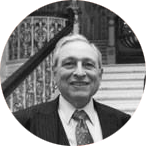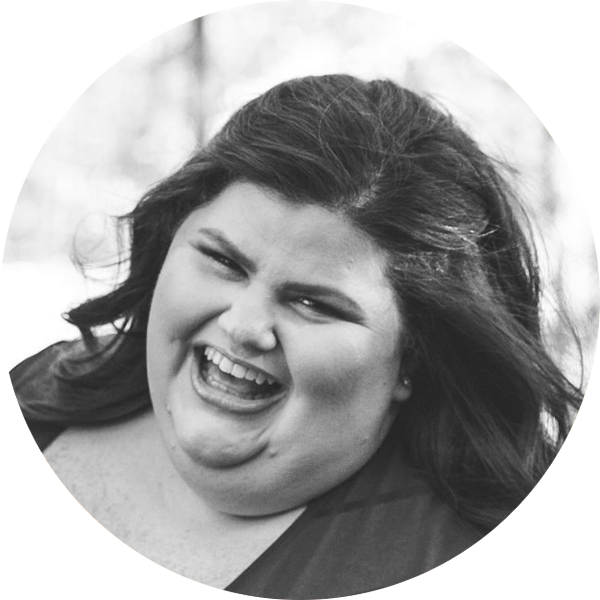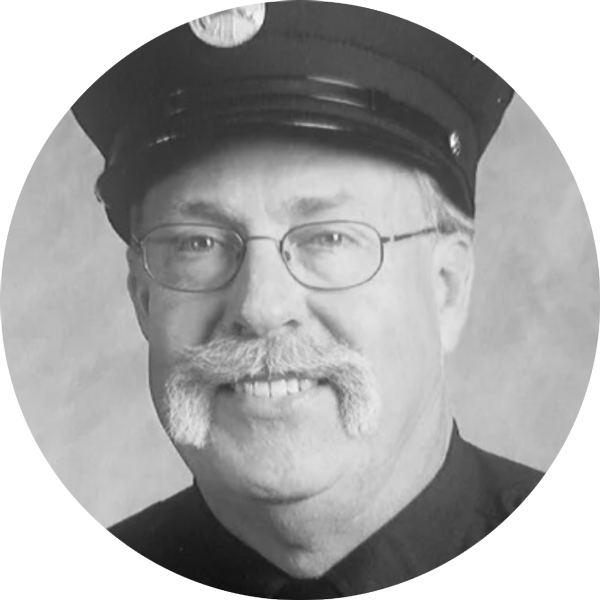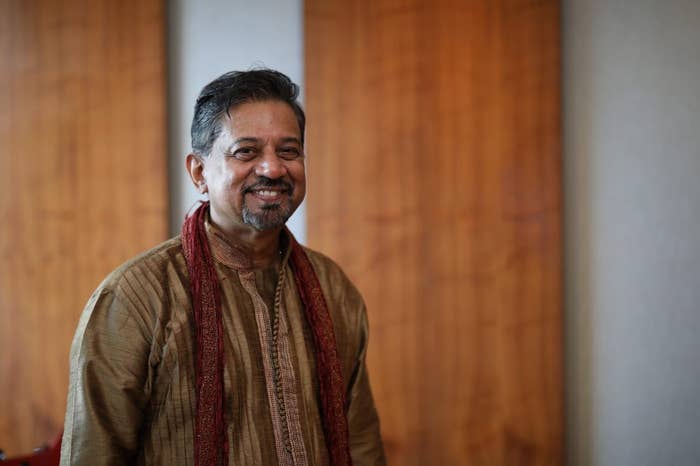
People around the world are remembering family and friends who have died during the coronavirus pandemic. BuzzFeed News is proud to bring you some of their stories. To support our coverage, become a member and sign up for our newsletter, Outbreak Today.
Sushil Kumar was a proud immigrant who settled in Queens and later on Long Island after leaving India more than 30 years ago.
He was also a fun-loving uncle, the kind who never missed a graduation party or ballet recital. He was an accountant who offered clients life advice beyond their personal finances. And he was a planner himself. He took grand vacations with his wife, Prabha, and their two sons.
Years ago, he left detailed instructions for how to handle his death, asking that his family not spend too much on arrangements and instead use the money to help feed people experiencing homelessness.
The family needed that plan last month, much sooner than expected. Sushil died April 14 of complications from COVID-19, the disease caused by the novel coronavirus. He was 63.
But with a pandemic forcing social distancing, even a modestly proper celebration of Sushil’s life was impossible. Prabha and their sons, Arjun and Arvind, had to adapt their Hindu customs for video streaming. A priest led them in prayer via Skype. Friends and relatives — more than 100 of them scattered all around the world — dialed in to Zoom for memorial services during the 13-day mourning period.
They honored Sushil’s wishes the best they could — a donation program has been established with the Coalition for the Homeless in New York.
“One thing about my dad is he was always someone who, in the positive sense of the word, was a hustler,” Arvind, the youngest son, said in a telephone interview with BuzzFeed News. “If he ever had a goal in mind, he would do whatever it took to achieve that goal.”
Perhaps no goal motivated Sushil more than emigrating to America. “Growing up,” Arvind said, “his dream was, hell or high water, to come to the United States.”
Sushil studied chemistry, law, and accounting at the University of Mumbai in the 1980s. He went on to earn an MBA at the Asian Institute of Management in the Philippines. In 1987, he set off on his own for New York, leaving behind his parents and brothers.
“It’s the story you always hear,” Arvind said. “He actually came to the US with one suitcase and a little bit of loose cash and one address of a contact person to go to when he got there.”
That one contact connected Sushil with another Indian immigrant, T.H. Krishnan, an older banker whose wife and daughter hadn’t yet joined him in New York. They became roommates, sharing a bachelor apartment and the occasional trip to the blackjack tables in Atlantic City. Soon they were in-laws: Sushil married Krishnan’s daughter, Prabha, in 1989. Today their sons joke about their parents’ finding each other under circumstances worthy of a romantic comedy.
In those early days, Sushil bounced around jobs in the financial services industry before launching his own firm, Trinity Tax and Financial Solutions. After his death, family members answered calls from clients who didn’t know Sushil had died and, once they broke the news, would hear stories of how generous he was with his advice.
“As much as he strived to achieve his goals, he always put the well-being and success of those around him ahead of his own,” the family recalled in an email to BuzzFeed News. “Even from a young age, he went out of his way to make sure that Arvind and Arjun were well taken care of, dressed neatly, and enjoyed their childhood (through traveling, toys, and extracurriculars), even if he may have worked multiple jobs for long hours to make it all happen.”
“He always made sure that we could experience the things he was unable to growing up. Our trips to the museum or zoo or aquarium were so much fun that we didn’t even realize his motives of providing us with his love of education. His own mother used to say, ‘Why are you dressing your kids in such nice clothes when they’ll grow out of them and you won’t do the same for yourself?’ He never let those around him feel the weight of any burden and took on all of those responsibilities for himself.”
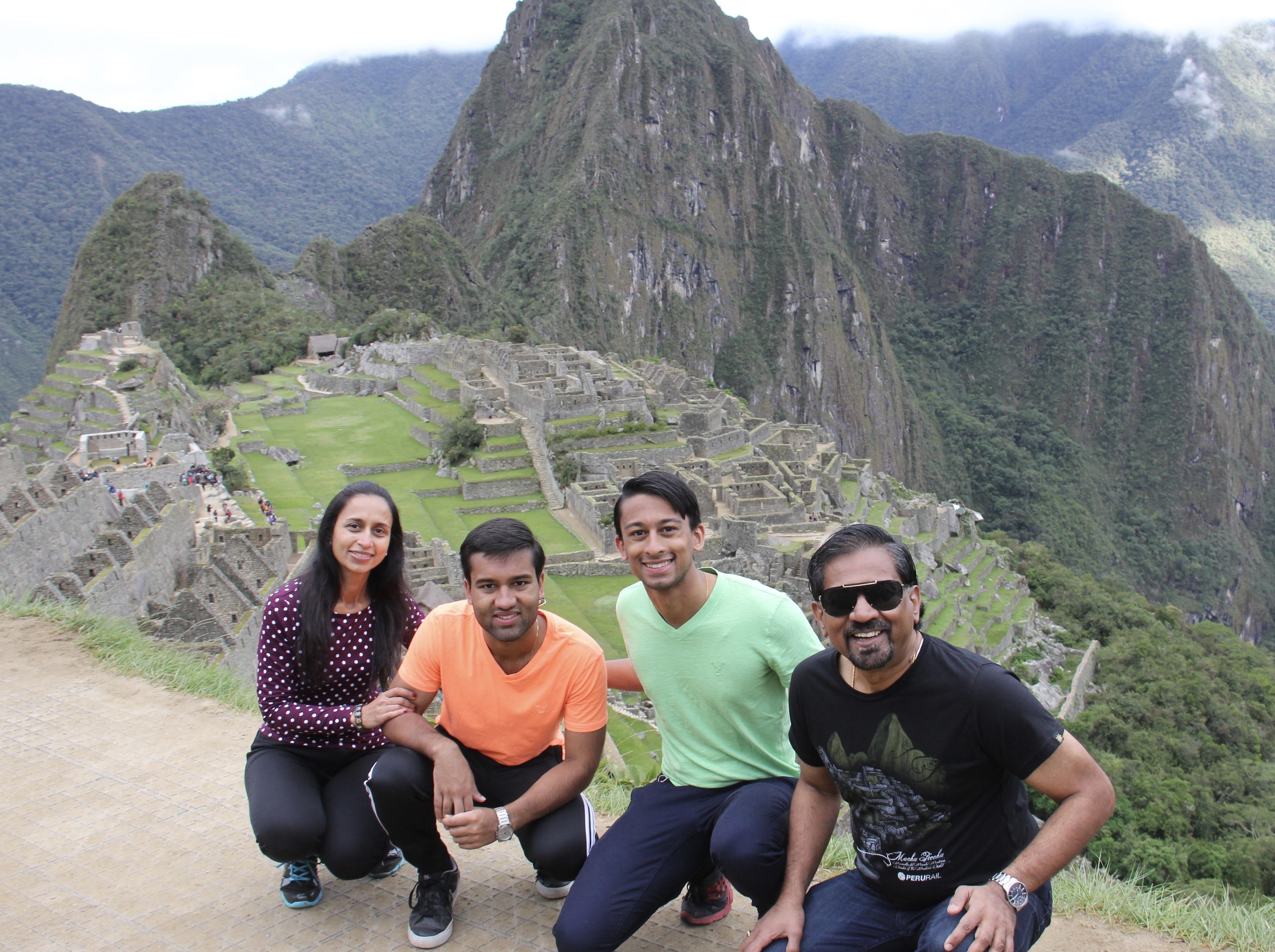
By telephone, Prabha ran down a list of their vacations: England, Germany, Eastern Europe, China, Hong Kong, Japan, Dubai. “We traveled all over,” she said. “He always wanted to make sure that he could show us places as much as he could.”
Sushil began feeling ill in late March — first a sore throat, then a fever. He was admitted to North Shore University Hospital, where he tested positive for COVID-19. A week later he was put on a ventilator. A week after that, after some signs of improvement that raised the family’s hopes he might soon breathe on his own, Sushil went into septic shock and died, Prabha said.
Arjun, a first-year resident at Thomas Jefferson University Hospital in Philadelphia, hadn’t seen his father since February. And the family had little contact with Sushil after he was admitted to the hospital. There were some “incomplete texts” to a group chat, Arjun said, but Sushil was often too weak to communicate more than a few words. The family was grateful for advice from relatives and friends who work in the medical field and for the care Sushil received from doctors and nurses at North Shore.
After Sushil’s death, observing Hindu traditions brought a new set of challenges.
“We were able to pick up the necessary ceremonial items from the temple the morning of the funeral services,” Arjun wrote in an email to BuzzFeed News. “After setting up the items properly, we Skyped the priest and he led the prayer service and dictated specific mantras (prayers) for us to repeat, and instructed us on the specific ‘procedures’ to follow. This Skype format was also followed throughout the sequential 13 days as per the Hindu customs.”
Even small family gatherings at home were tricky. Arjun and Arvind, a second-year medical student at Mount Sinai in New York, had been “in environments that were very high risk,” Arjun noted.
“At most, we’d have people drop off things to us at home, but conversation would be from the street,” he added. “We knew firsthand how bad this could get.”
Support often came through a screen.
“Sushil was very affectionate and fiercely loved his family and friends,” the family wrote in an email. “It was clear that they wanted to return this love to him tenfold. Before his passing, upon informing the family that his health was in critical condition, the extended family immediately put together a Zoom to pray for his health and hundreds of participants across the world joined within minutes in synchronous chanting. … At every step, we received so much support from our family and, including hundreds Zooming in for his funeral service and even more Zooming in for his 13th day memorial celebration to share stories and over 600 pictures.”

